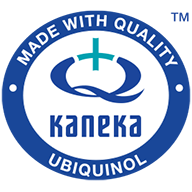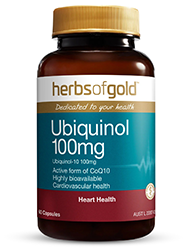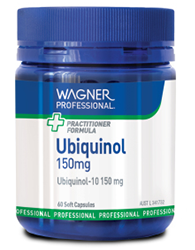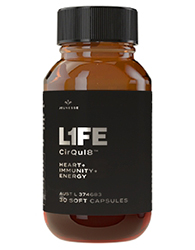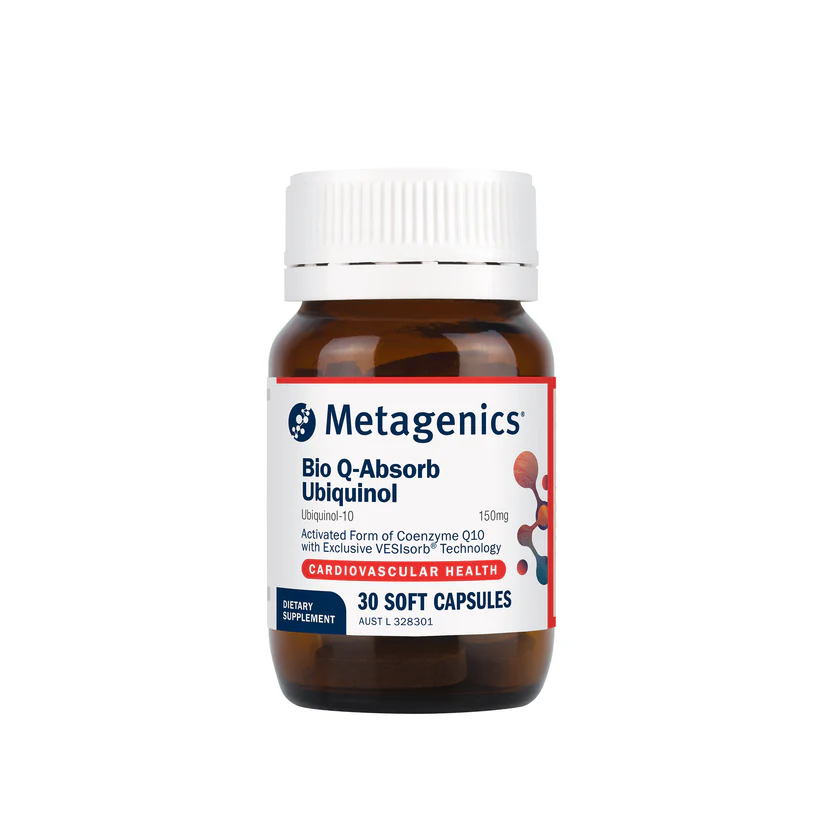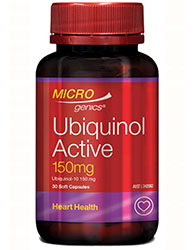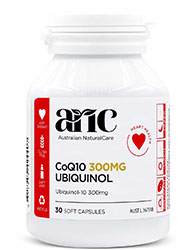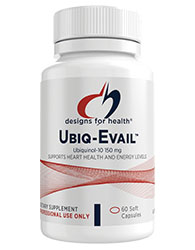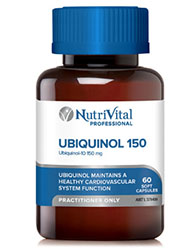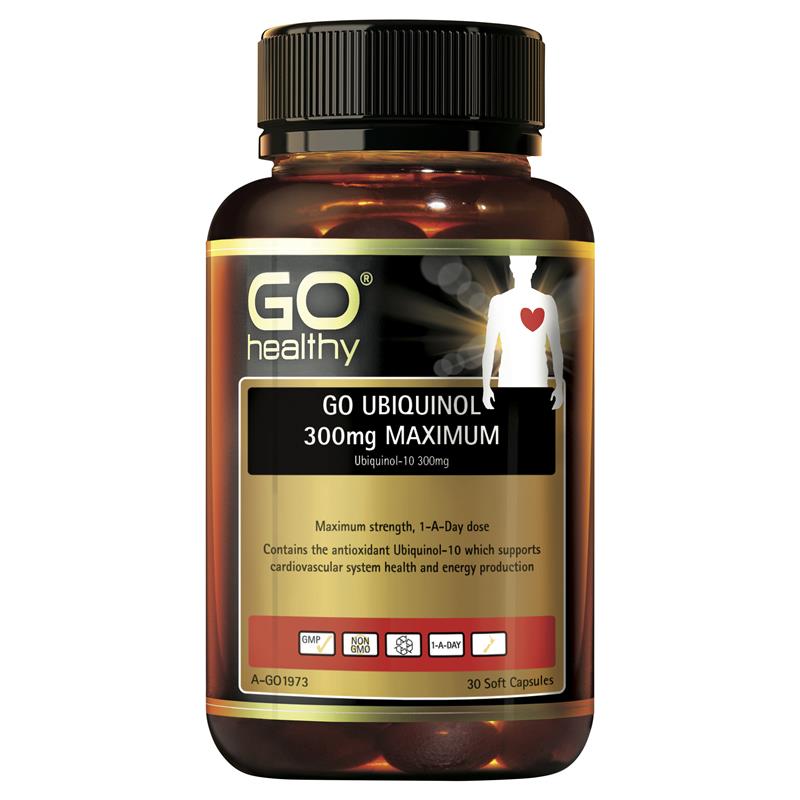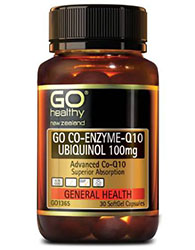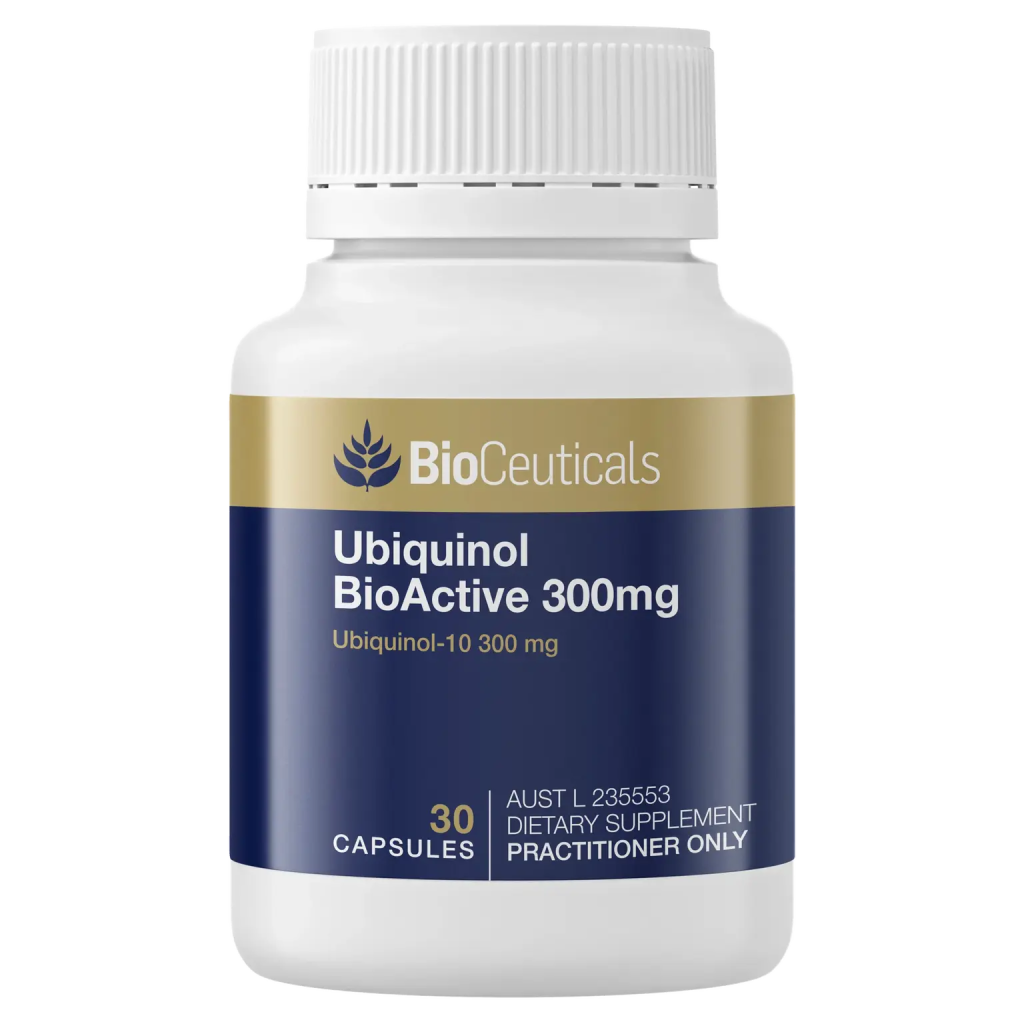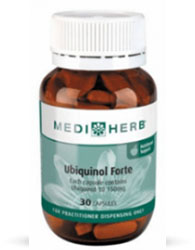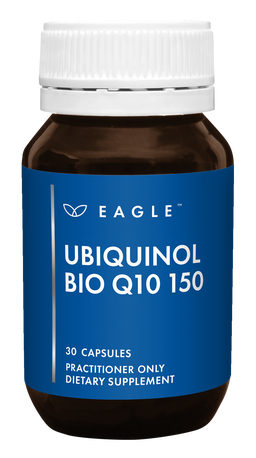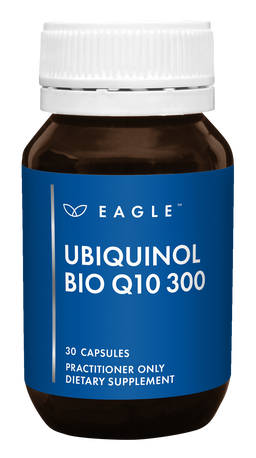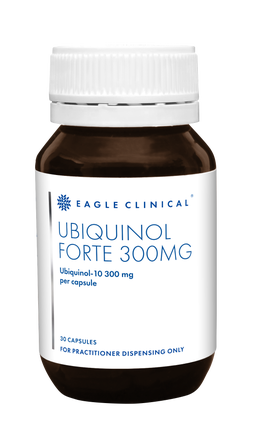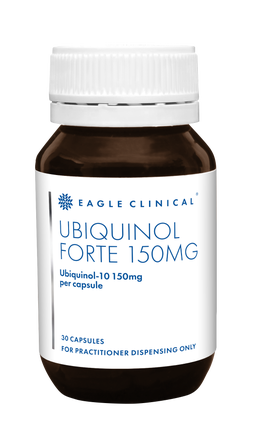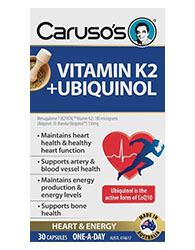
Energy & Fatigue
Ubiquinol is essential for Energy
Your body needs Ubiquinol to generate energy. It acts within your cells to help naturally increase energy levels.
How does it work?
There are two forms of CoQ10 – ubiquinone, the oxidised form and ubiquinol, the active form. Our body must convert ubiquinone into ubiquinol before it can be used to support cellular energy.1
The body’s natural levels of ubiquinol start to decline around the age of 30,2 along with its ability to convert ubiquinone to ubiquinol, which may impact energy levels.
In the mitochondria, Ubiquinol plays a role in transferring electrons to generate cellular energy, known as ATP. Its electron transfer ability also makes it a very good antioxidant.
Ubiquinol’s antioxidant capability is considered by doctors and researchers to be one of the most important functions in the body’s cellular energy production process.
Fatigue
Ubiquinol is the “spark plug” that helps fire energy production in your cells.
When your energy production is low, it affects your natural energy levels. This could contribute to feelings of sluggishness and tiredness.
As we age, or when we are under prolonged stress due to lifestyle, diet or environmental factors, our natural CoQ10 and Ubiquinol levels become depleted and the ability to produce Ubiquinol declines.3 In addition to this, the free radical activity and oxidative stress that occurs in our body from normal metabolism, even in healthy individuals, increases as we get older.4
One of the main roles of antioxidants in the body is to help combat free radical activity and oxidative stress. As such, antioxidants like Ubiquinol may help to minimise the impairment of normal functioning cells and restore essential levels of Ubiquinol back into your system.
How can Ubiquinol help?
In order to receive the minimum required amount of Ubiquinol each day (100 – 150mg), one would need to eat 3.4kg of red meat, 5.7kg of chicken or 50 cups of spinach.
Taking Ubiquinol supplements, the active and readily bioavailable form of CoQ10, may be an efficient way to help restore healthy levels of Ubiquinol in the body and support optimal energy levels.
- Zhang, Y.; Liu, J.; Chen, X.-q.; Oliver Chen, C. Y., Ubiquinol is superior to ubiquinone to enhance Coenzyme Q10 status in older men. Food & Function 2018, 9 (11), 5653-5659.
- Linnane, A. W., Zhang, C., Yarovaya, N., Kopsidas, G., Kovalenko, S., Papakostopoulos, P., … & Richardson, M. Human ageing and global function of coenzyme Q10. Annals of the New York Academy of Sciences, (2002). 959(1), 396-411.
- Garrido-Maraver J, Cordero MD, Oropesa-Ávila M, et al. Coenzyme Q10 Therapy. Molecular Syndromology. 2014;5(3-4):187-197.
- Lobo V, Patil A, Phatak A, Chandra N. Free radicals, antioxidants and functional foods: Impact on human health. Pharmacognosy Reviews. 2010;4(8):118-126.
